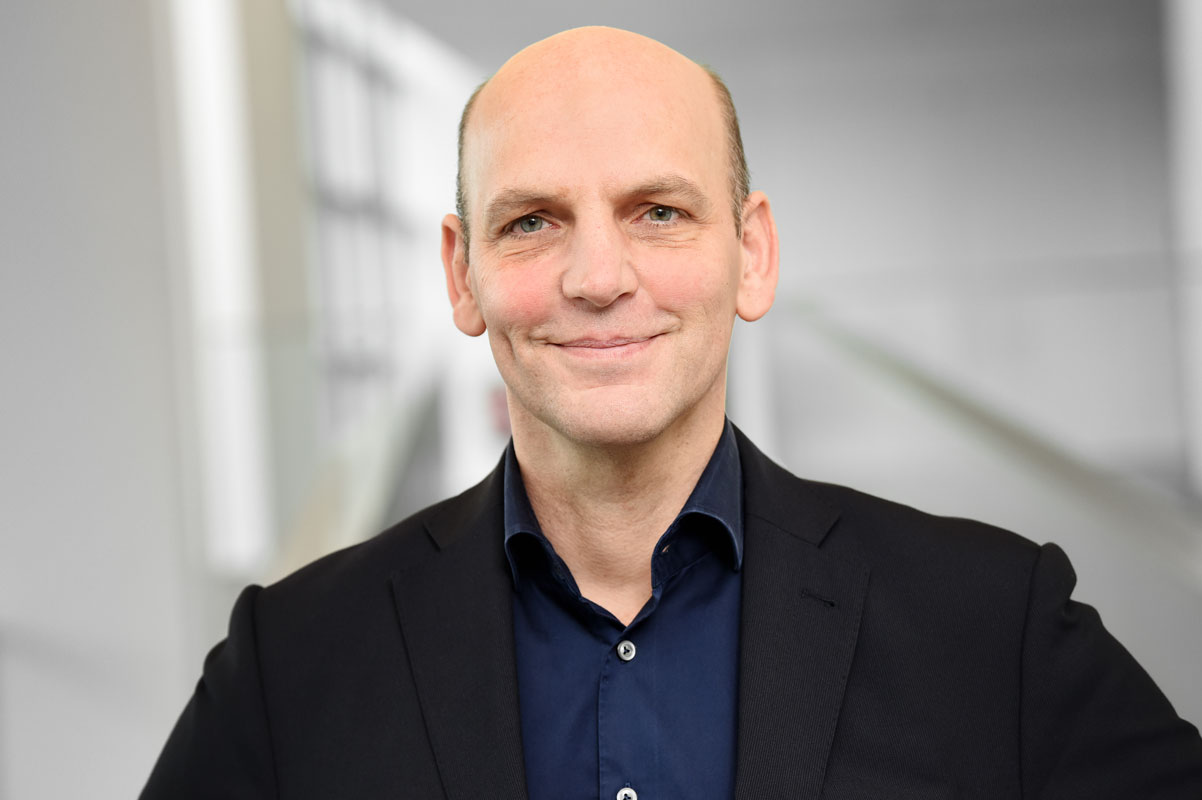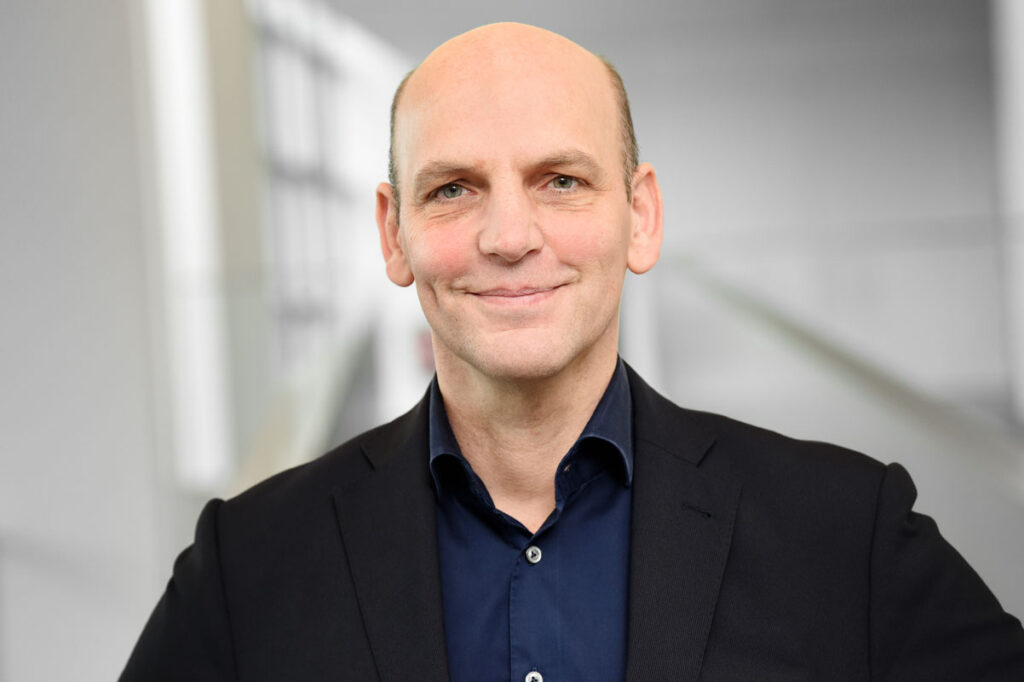This year’s Nobel Prize in Chemistry goes to the German Benjamin List, a member of the Rotary Club Mülheim a. d. Ruhr-Schloß Broich, and the Scottish-born US researcher David W C MacMillan. Both of them have developed methods for accelerating chemical reactions.

We conducted a brief interview with Benjamin List, who conducts research at the Max Planck Institute for Coal Research in Mülheim.
How did you learn about winning the Nobel Prize in Chemistry?
This is an incredible story. I was on a city trip in Amsterdam with my wife that day, and this shows that I really didn’t expect the award. We had attended a concert there and picked out a nice café for our breakfast the next morning. Just before we could place our order, my cell phone rang. My wife immediately said: That’s the call. But that was meant as a joke. We really hadn’t expected it, although we knew that the Nobel Prize in Chemistry would be announced in three-quarters of an hour. You always hear jokes like that when you’re being considered as a candidate. Not that I saw myself as a candidate, but it has been brought up to me from time to time from the outside in recent years. In any case, I then saw an unknown number on the cell phone display where it said Sweden underneath. I looked at my wife in shock, ran out of the café and took the call. Then it was actually the call. It was unbelievable. I then had to pantomime explaining to my wife, who was still sitting in the café and looking over at me through a pane of glass, that I was really just being told that I was going to receive the Nobel Prize.
Just before we placed our breakfast order in Amsterdam, the phone rang. My wife said, ‘That’s the call.’ But it was meant as a joke.
What was the expression on your wife’s face at that moment?
She was shocked, too, of course. I got down on my knees a bit to show that I was almost fainting from joy. That was a moment I will never forget.
Were you able to have breakfast in peace afterwards?
No. First, the quality of the breakfast was unfortunately not as we had hoped for. Secondly, I could not eat anything, it just did not work. It’s nice of them to inform you three-quarters of an hour before the announcement, so that you can prepare yourself for what’s about to hit you. But what are you supposed to do in that three-quarters of an hour? How can you prepare for it? Actually, not at all. We then quickly paid, wandered around Amsterdam a bit more and then back to the hotel.
Did you tell the hotel staff right away that you are now a Nobel Prize winner in chemistry?
Yes, I told them that right away. They were very pleased, of course, and thankfully made a separate room available to me. I sat there and gave interviews, first with the Nobel Prize Foundation itself.
How many calls did you receive that day?
I have not counted them. I haven’t had time to answer all 600 e-mails yet. On top of that, there are SMS and WhatsApp messages.
Is it now a curse that your mail address is also visible on the Max Planck Institute homepage?
Probably so. My e-mail address is always included with publications in scientific journals. If you want, you can get my e-mail address quickly. My ambition is always to have processed all the mails from my inbox at some point in the year. But I’m afraid that won’t happen this year.
The feeling that the whole institute (where he works) was rejoicing and applauding, that was indescribable. I could really feel the joy.
How was the reception at the Max Planck Institute for Coal Research?
It was incredibly beautiful. It was one of the most beautiful moments in my life. Because I was not at the institute when the announcement was made, they had enough time to prepare for my arrival. We have a courtyard in the institute and on every second level there are fire balconies on which staff members were then standing. Everybody was clapping and of course the press was there and the TV cameras were pointed at me. But I didn’t notice that at all. I only saw all the colleagues applauding for me. The feeling that the whole institute was standing there now, rejoicing and applauding, that was indescribable. I could really feel the joy. The craftsmen, the colleagues from the administration, the analysts, the chemists from the laboratories, everyone was there and clapped for five minutes. Then there was a short silence because I was answering a few questions for reporters, and then there was another five minutes of applause. Time seemed endless at that moment. It was overwhelmingly beautiful.
Were you able to find a few words or was it a moment where you didn’t know what to say at first?
Strangely enough, this was easy for me. After all, I didn’t have to give a complicated explanation, but it was a joyful occasion.
Have you been invited to a celebration by your Rotary club?
We are in contact. There will certainly be a small celebration, but when we can do this, I cannot say yet. But we will definitely do that. We’ll see if I give a lecture then, too. I’ve already been allowed to give two talks, one about my life as a researcher and one about catalysis as a whole. Either way, we will celebrate in style.
(This interview is reproduced from Rotary Magazin, the regional magazine from Germany)







